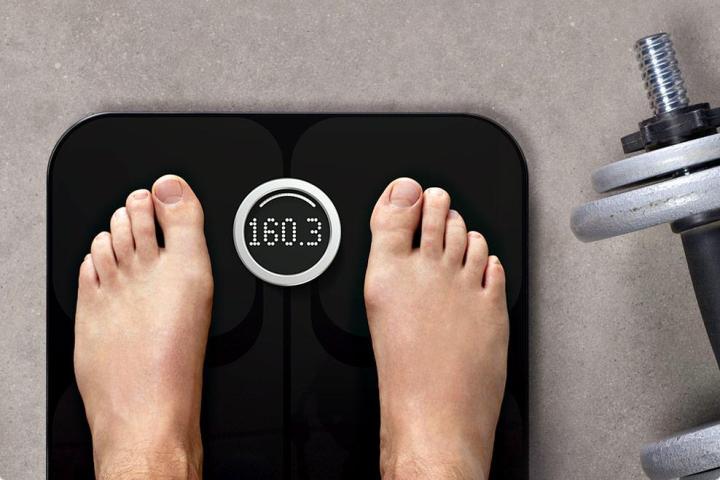
Occasionally, a fitness tracker is wrong. Either it may miscount steps, miscalculate heart rate, or may recommend a calorie count that users claimed as too high, since they gained weight adhering to it. With the exception of the heart rate cases, the assertion is that a slight inaccuracy of a given device can end up screwing users over in the long run. Fitbit, with its customizable calorie goals, is taking a good deal of the heat for this simply because it holds a lion share of the fitness tracker band market.
Of course every company strives to be as accurate as possible, but no tracker is 100% accurate. That said, while gross inaccuracies make a tracker unusable, a report that’s off a few steps or calories isn’t going to make or break a successful workout plan. It’s how people choose to act on the information that’s at issue here.
“There are huge differences in individual circumstances,” certified nutritionist and founder of Food Coach NYC Dana James told Today. “If your gut bacteria is full of bad bacteria, you can eat 30 percent fewer calories, exercise 30 percent harder, and gain 30 percent more than someone with the right microbial makeup.”
Hence, these devices are called “fitness” trackers instead of “weight loss” trackers. Apps like My Fitness Pal as well as gear with its own infrastructure, such as Fitbit’s wearables, are great at some things, like tracking your workouts and recording what you eat. Unfortunately, at the opening of 2016 they’re still not going to give you the same kind of insight and accuracy you’re likely to get from a visit to a personal trainer or doctor.
One of the most highly publicized posts that kick-started this misdirection “The Case of the Fitbit Defying Metabolism” was originally written three years ago. Since then, the writer has not only continued to use Fitbit, but has refuted any assertions that trackers should be vilified. The author Jessica Reed said, “I don’t feel lied to by the band around my wrist, only by the notion that weight control is simple.”
The fitness tracker and wearable markets are only projected to grow in the coming years, and it’s up to us as a society to use this technology responsibly and logically. Even after we have an app that can test your gut biome at home, the best advice experts have is to make smart choices about your diet in conjunction with info from a tracker. Calorie counting can help, but monitoring calorie content helps more.
Margaret Wertheim, nutritionist and registered dietician said, “If a person is drinking sweetened beverages or some of the coffee drinks like chai tea lattes, those calories aren’t going to allow them to lose the weight they want.”
Now for some enterprising designer to make an accurate kit with an app to test your gut biome at home.


